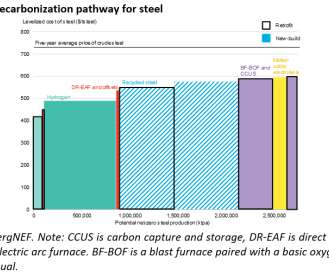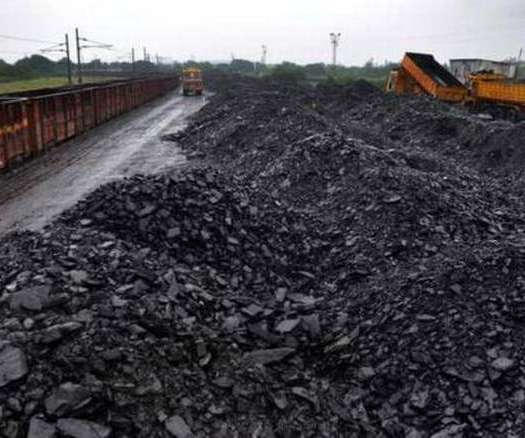Sasol and ITOCHU to partner on green ammonia and hydrogen
Green Car Congress
SEPTEMBER 5, 2022
South Africa-based Sasol and Japan-based ITOCHU Corporation have signed a Memorandum of Understanding (MoU) jointly to study and to develop the market and supply chain for green ammonia with a focus on its use as bunkering fuel and for power generation. The product can also be cracked back to hydrogen gas for further applications.












Let's personalize your content